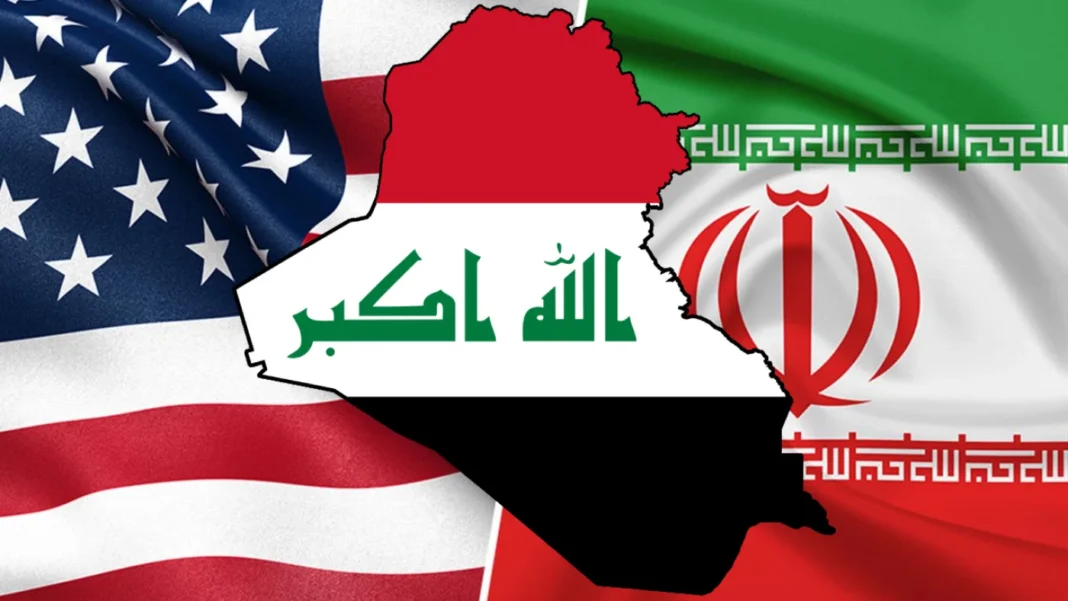The U.S. Department of State announced the end of the exemptions previously granted under former President Donald Trump’s administration, allowing Iraq to purchase electricity from Iran. This decision is part of the current administration’s “maximum pressure” campaign against Tehran, pushing Baghdad to seek new alternatives to meet its energy needs.
In a statement, the department explained that the decision to not extend Iraq’s exemption upon its expiration aims to “prevent Iran from obtaining any form of economic or financial relief.” It further emphasized that the “maximum pressure” policy seeks to eliminate Iran’s nuclear threat, reduce its missile program, and stop its support for terrorist groups.
Earlier, Iraq’s government spokesperson, Bassim Al-Awadi, stated that the government has prepared several plans to address any potential developments related to the matter. He noted that Iraq imports about “50 million cubic feet” of gas from Iran, accounting for one-third of Iran’s energy production. Al-Awadi added that the government is ready to deal with any situation, whether the exemption is renewed or not.
The spokesperson also revealed that Iraq is close to resolving the issue of importing gas from Turkey, expecting it to reach Iraqi energy production stations within the next two months via Iranian territory. If this step fails, Iraq has an alternative option: floating gas platforms connected to special pipelines that link to electricity stations in Basra.
Meanwhile, the U.S. State Department reiterated the importance of Iraq ending its dependence on Iranian energy as soon as possible, stating that Iran is an unreliable energy supplier. The department further clarified that electricity imports from Iran made up only 4% of Iraq’s total electricity consumption in 2023.
Additionally, sources suggest that the United States may have used this review of exemptions to pressure Baghdad into allowing the export of crude oil from the Kurdistan Region via Turkey. This is aimed at boosting global oil supplies and maintaining price stability.
Iraq’s electricity sector faces significant challenges, despite the large amounts of money spent on improving it. According to Iraq’s Ministry of Electricity, the country requires about 50,000 megawatts of electricity during the summer, while it currently only produces about 28 megawatts.


